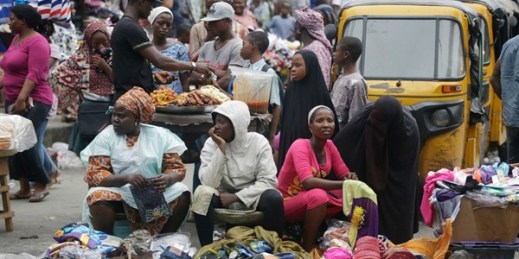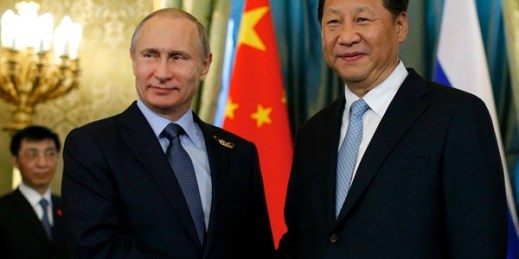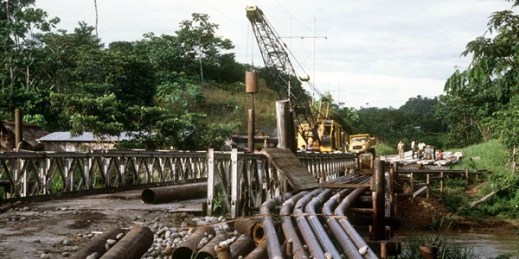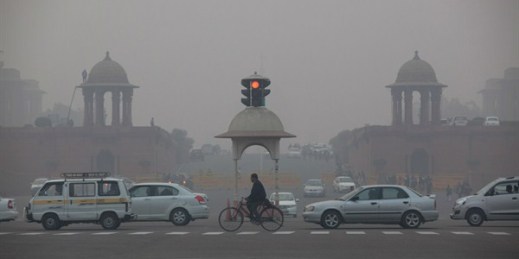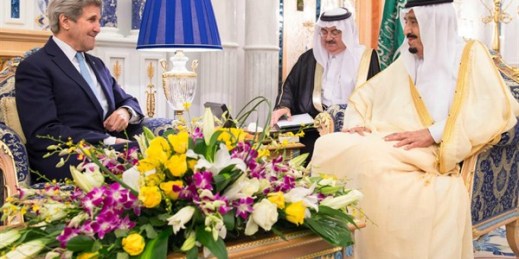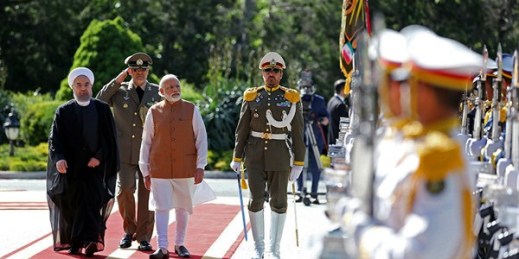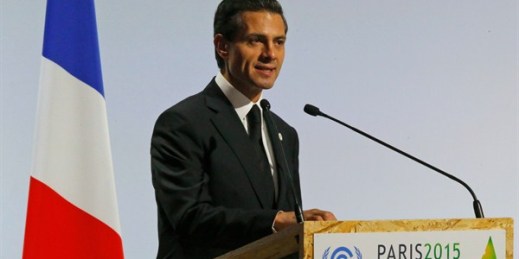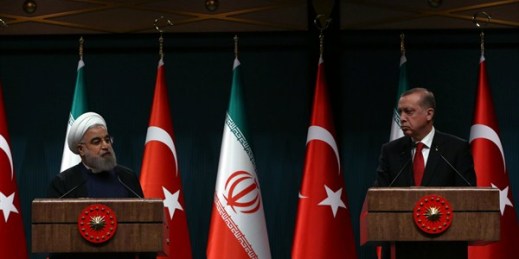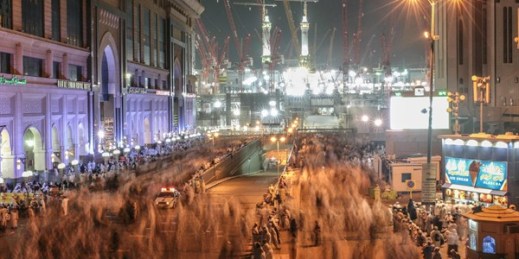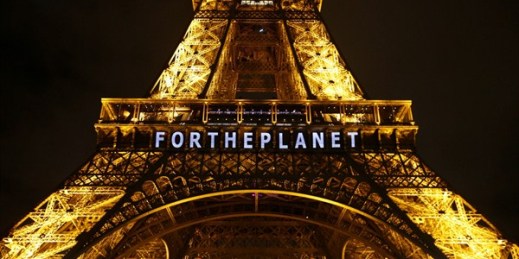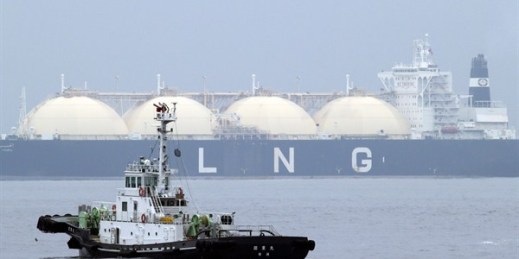
Editor’s note: This article is part of an ongoing WPR series on countries’ risk exposure, contribution and response to climate change. Japan announced earlier this year that it had been successful at cutting its carbon dioxide emissions by 3 percent—the first time emissions have decreased since the 2011 Fukushima nuclear disaster. In an email interview, Aiko Shimizu, of Bloomberg New Energy Finance, discussed Japan’s contribution and response to climate change. The views expressed in this interview are her own. WPR: What impact has the 2011 Fukushima disaster had on Japan’s carbon footprint and efforts to reduce it? Aiko Shimizu: As […]

